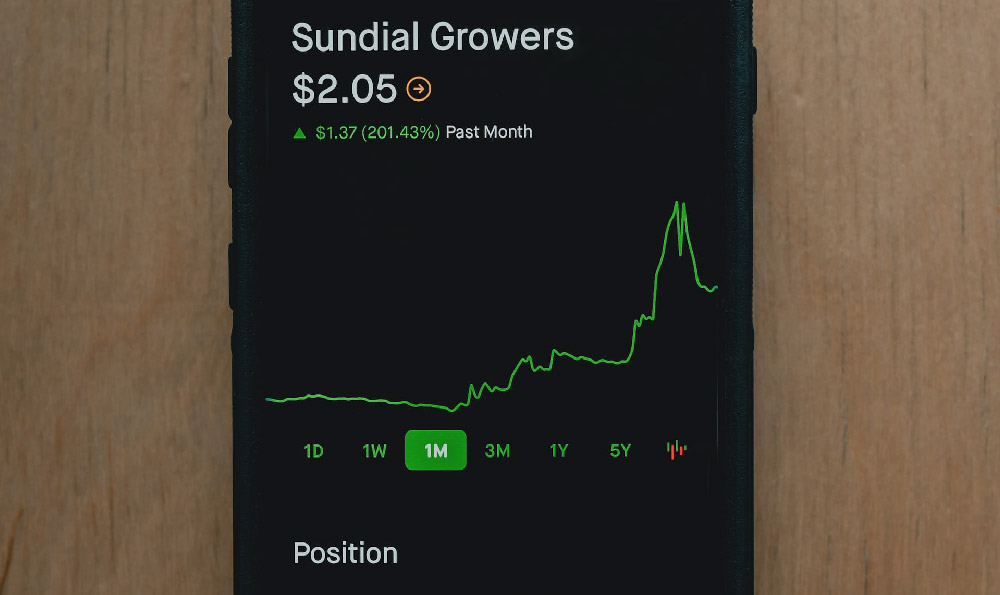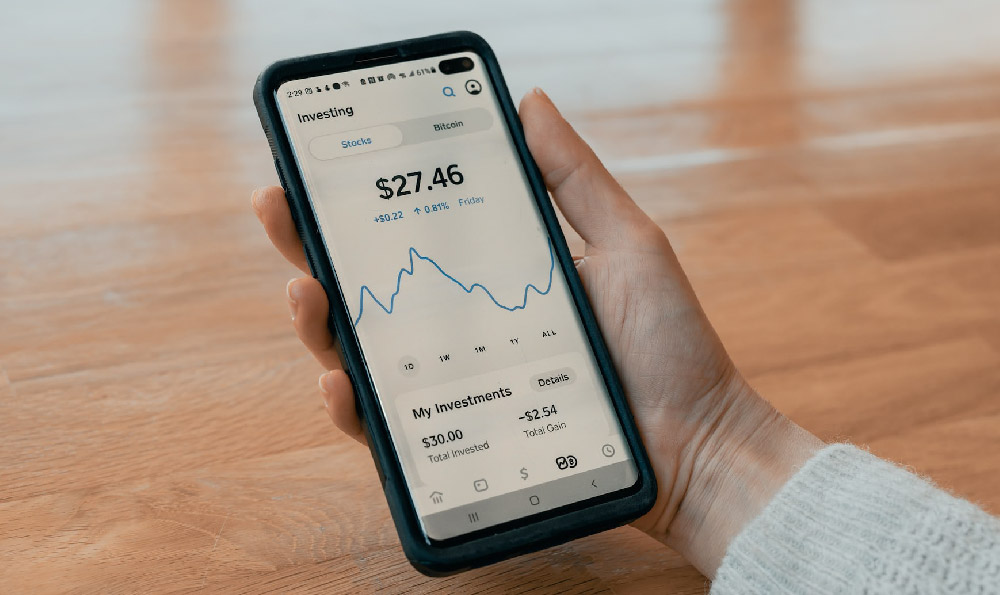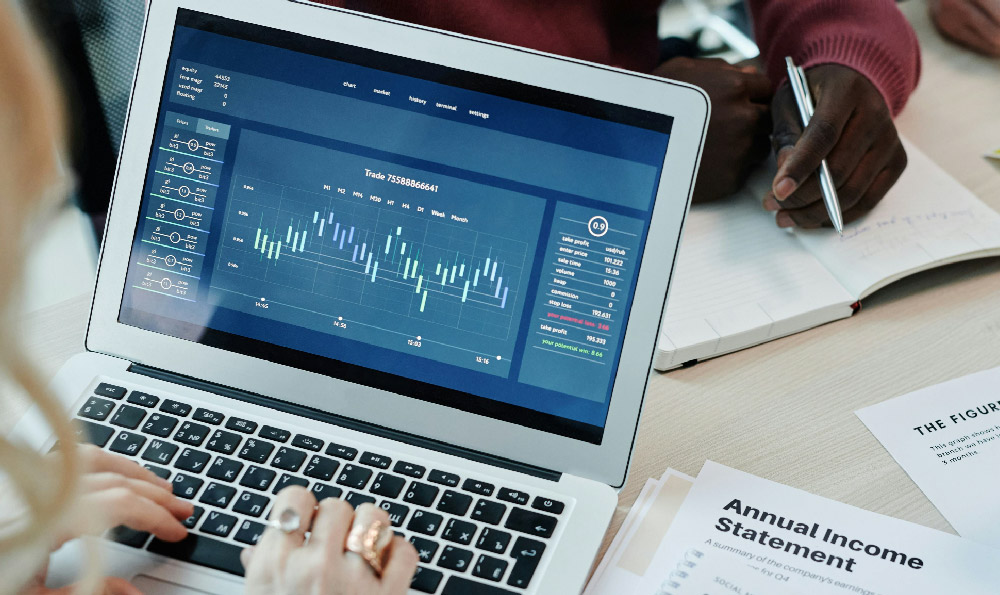The papacy, the office held by the Pope as the head of the Catholic Church, is steeped in history, tradition, and spiritual significance. Questions about the Pope's financial compensation often arise, fueled by curiosity about the economic realities within the Vatican and the lifestyle of its leader. However, understanding the financial dynamics surrounding the papacy requires a shift in perspective from traditional notions of salary and personal wealth.
The simple, and perhaps surprising, answer is that the Pope does not receive a salary. He does not earn a traditional paycheck in the way that most people understand it. The Pope’s role is primarily a spiritual and pastoral one, not a corporate executive position with a defined compensation package. His dedication is considered a sacred duty, and his needs are provided for by the Vatican.
Instead of a salary, the Pope is provided with everything necessary for his sustenance and performance of his duties. The Vatican City State, an independent nation ruled by the Pope, manages the finances that support his lifestyle and responsibilities. This includes his residence, meals, travel, security, and other essential needs.

The Pope resides in the Apostolic Palace, a part of the Vatican complex. This is not a personal residence in the conventional sense; rather, it is an official dwelling that comes with the office of the papacy. He does not own the palace, and upon his death or resignation, the living quarters revert back to the Church.
Similarly, the Pope's meals are provided for, and his dietary needs are taken care of. He doesn't have a personal bank account used for purchasing groceries or dining out. Everything is provided by the Vatican.
Travel is an essential part of the Pope's role. He undertakes numerous international trips to visit Catholic communities around the world, preside over religious ceremonies, and engage in diplomatic meetings. The costs associated with these travels, including airfare, accommodation, and security, are all covered by the Vatican. It’s a significant expense considering the scale of these papal visits, often involving large delegations and elaborate security arrangements.
Security is another crucial aspect. The Pope's safety is of paramount importance, and the Vatican maintains a dedicated security apparatus to protect him. This includes bodyguards, security personnel, and advanced security technology. The costs associated with maintaining this level of security are considerable and are factored into the Vatican's overall budget.
Beyond these basic needs, the Pope also has access to resources necessary for fulfilling his duties as the head of the Catholic Church. This includes access to staff, advisors, and other resources that help him manage the Church's affairs. He oversees a vast global organization with billions of followers, and he requires a robust support system to effectively carry out his responsibilities.
While the Pope does not receive a salary, the Vatican's financial operations are complex and involve significant sums of money. The Vatican's revenues come from a variety of sources, including donations from Catholics around the world, income from investments, and revenue from tourism. These funds are used to support the Pope's activities, maintain Vatican City, and fund the Church's charitable works.
It is important to note that the Vatican has faced scrutiny in recent years regarding its financial transparency and management practices. There have been concerns about corruption, mismanagement, and a lack of accountability. Pope Francis has made efforts to reform the Vatican's financial operations and promote greater transparency, but challenges remain.
The absence of a personal salary for the Pope reflects the spiritual and symbolic nature of his role. He is seen as a servant of God and a shepherd of the Church, rather than a corporate executive motivated by financial gain. His needs are provided for so that he can focus on his spiritual and pastoral responsibilities without being burdened by personal financial concerns.
Furthermore, understanding the Pope's financial situation requires considering the vast wealth held by the Catholic Church as an institution. The Church owns countless properties, works of art, and other assets around the world. However, these assets are not the personal property of the Pope. They are held in trust for the Church and its mission.
In conclusion, the Pope does not receive a salary in the traditional sense. His needs are provided for by the Vatican, allowing him to focus on his spiritual and pastoral duties. While the Vatican's financial operations are complex and have faced scrutiny, the Pope's lack of a personal salary underscores the unique nature of his role as the head of the Catholic Church. The concept of the papacy revolves around service and dedication, moving beyond the ordinary framework of monetary compensation. The Pope's rewards lie not in a paycheck, but in the fulfillment of his spiritual mission and the impact he has on the lives of Catholics worldwide.












